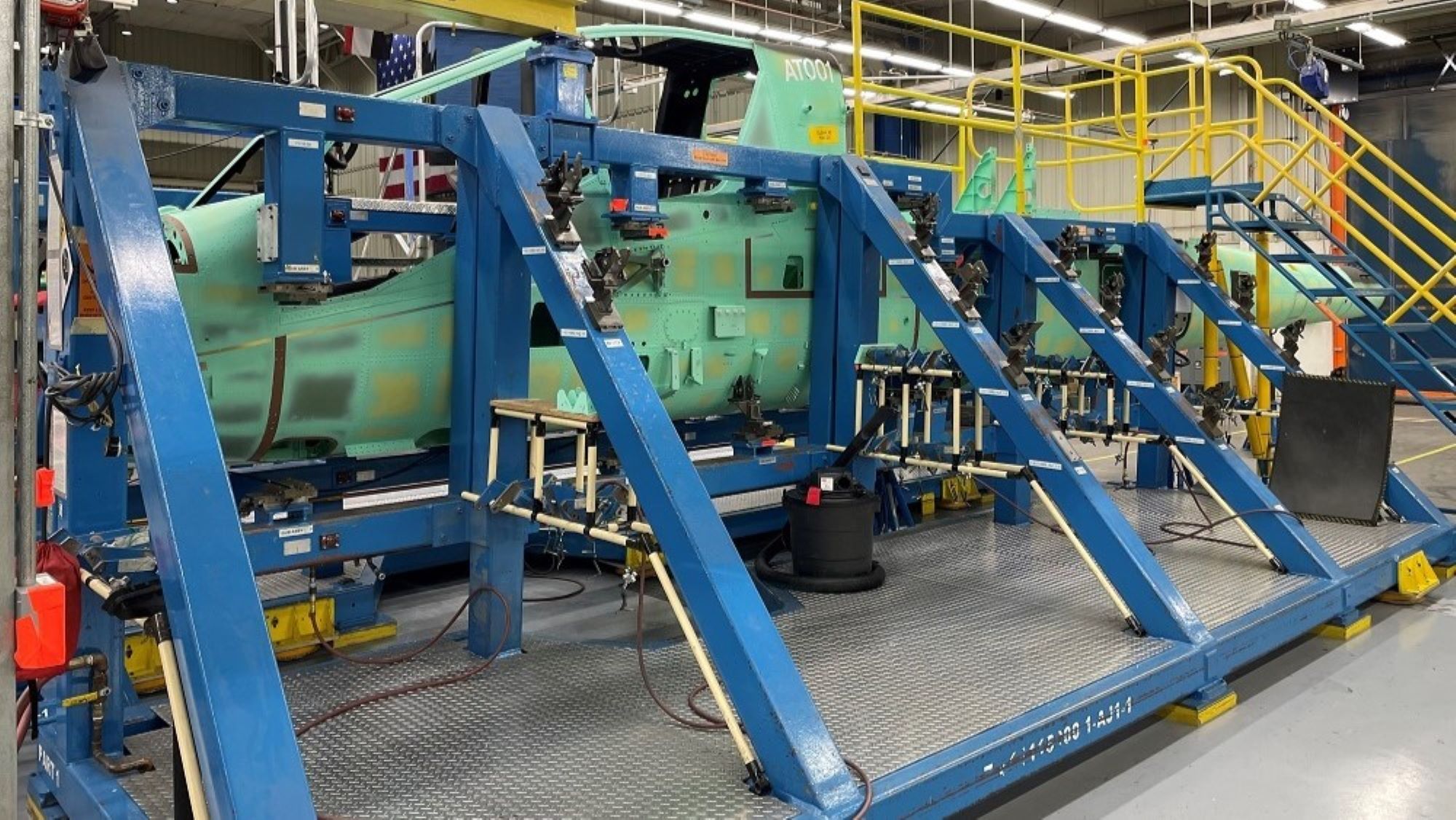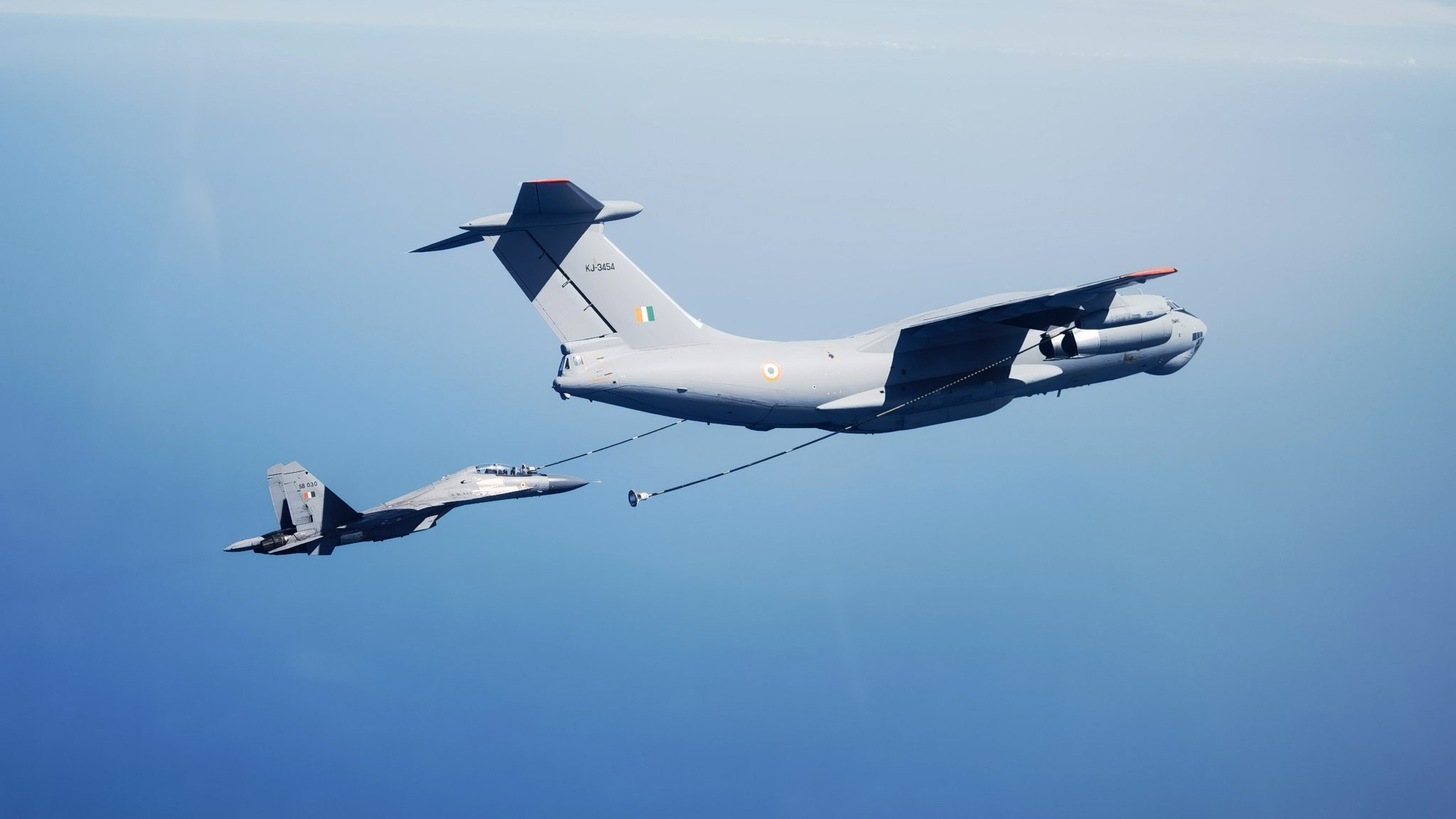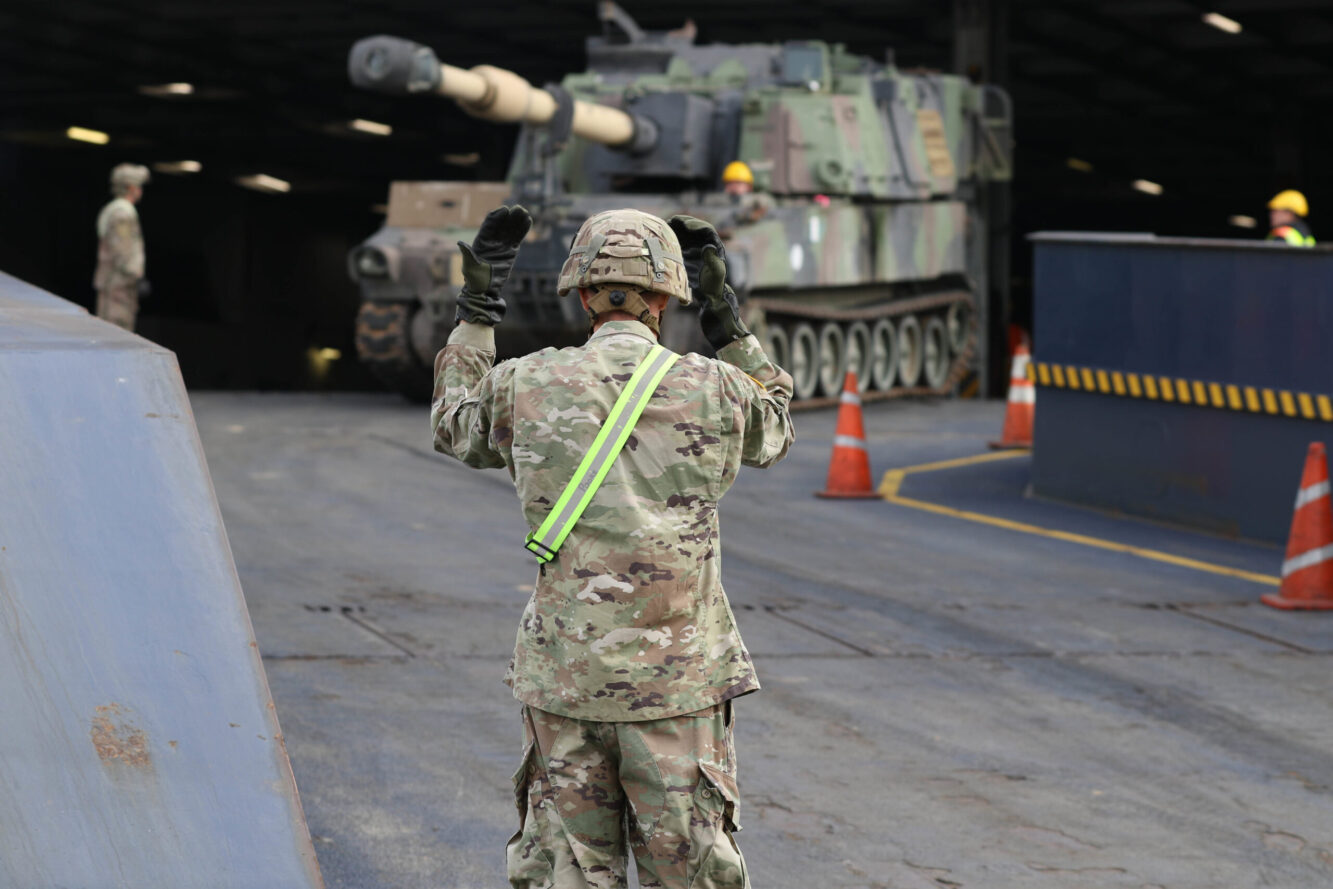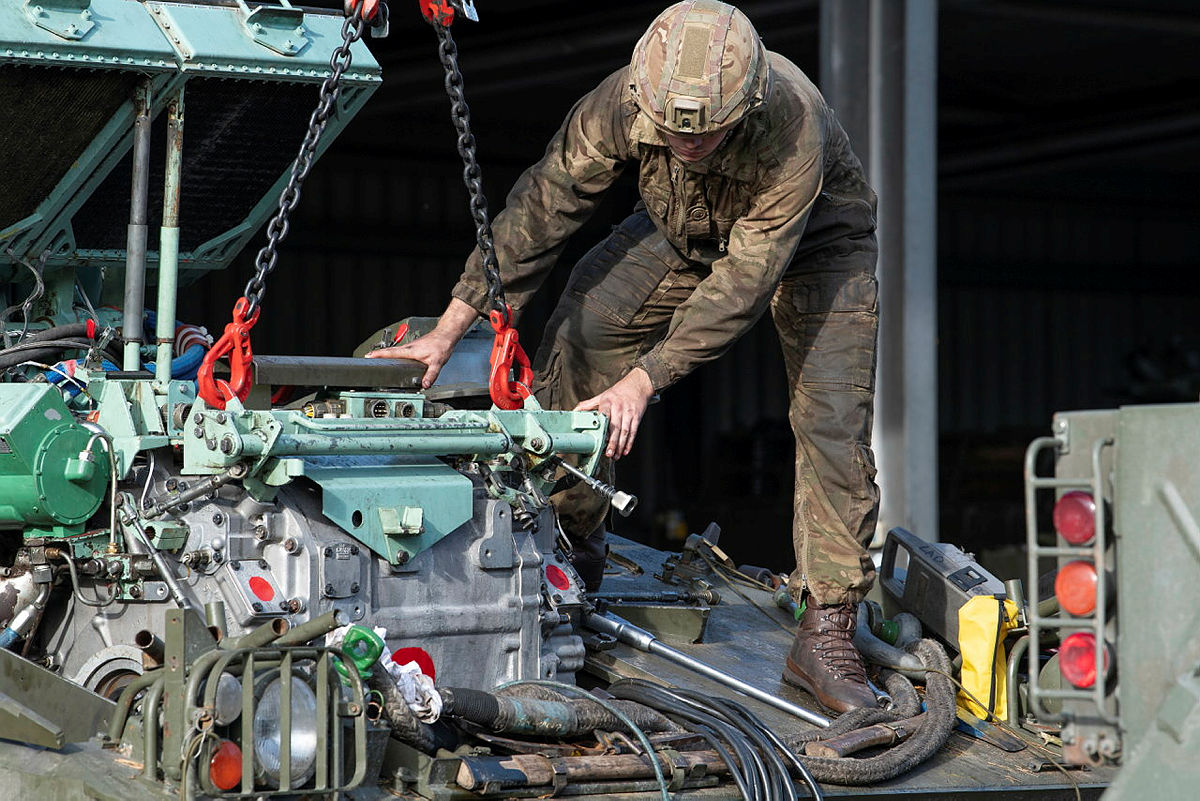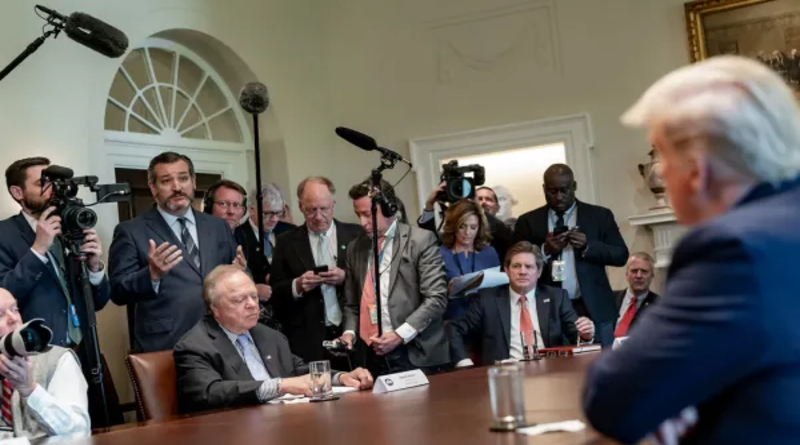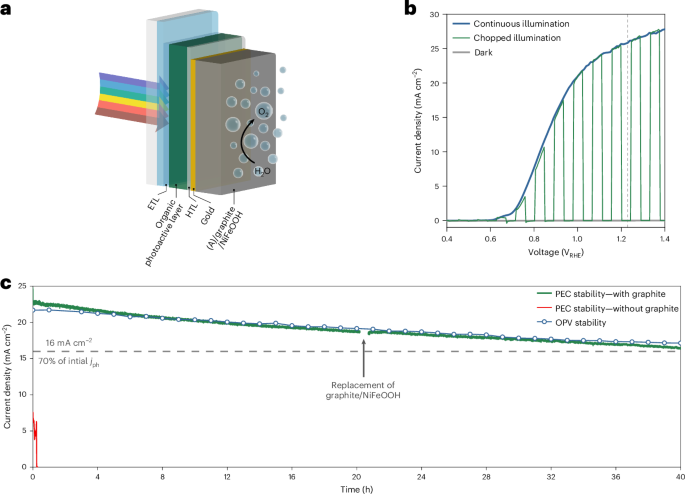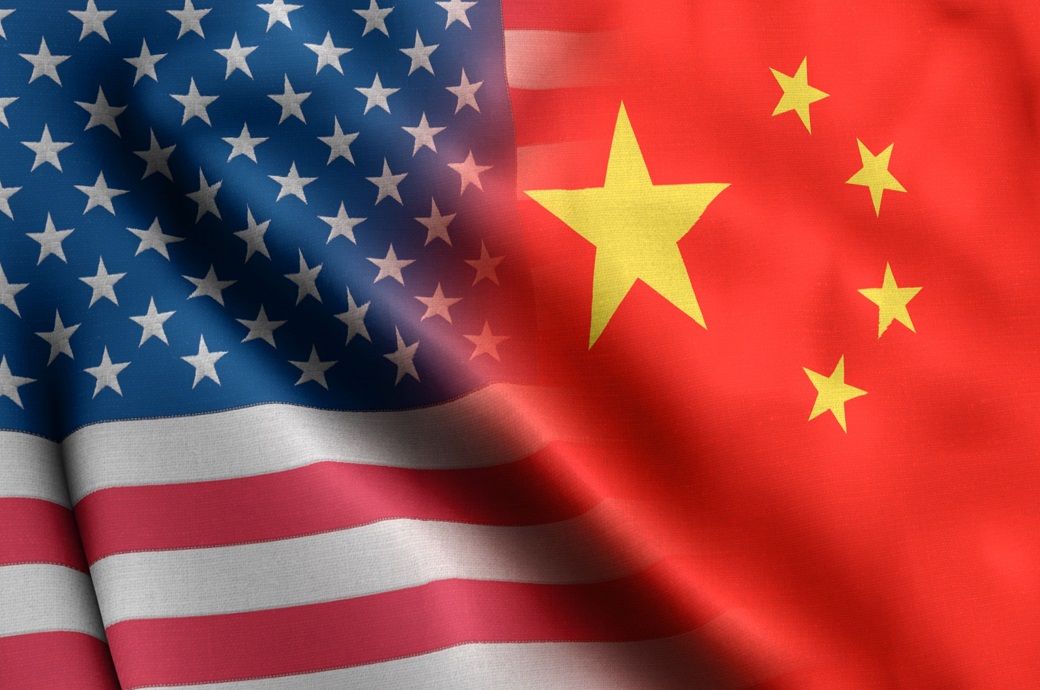AAFA reacts to U.S. Department of Labor’s action to cancel all ILAB contracts
Credits: AAFA The American Apparel & Footwear Association expressed alarm at actions taken by the U.S. Department of Labor to cancel all contracts for the Department’s Bureau of International Labor Affairs (ILAB). “Our members, and their 3.5 million American workers, rely heavily on ILAB’s work to promote a fair global playing field for American workers and businesses,” said Steve Lamar, AAFA president and CEO. “ILAB, through its grants, technical assistance, and direct support, works to build institutions in countries around the world so that they can effectively raise labor standards and eliminate opportunities for less scrupulous foreign businesses to profit from labor abuses while American businesses and workers play by the rules. With today’s elimination of ILAB’s grants, we will be moving from an even playing field to an uphill battle.” ILAB, directly and through its grants, provides training to workers to help educate them on their rights and root out forced labor. ILAB deploys labor attachés to U.S. embassies and builds networks in key countries to provide real-time intelligence, contacts, and solutions to promote and protect workers, identify unfair competition, and enforce free trade agreements. ILAB plays a critical role together with U.S. Customs and Border Protection in enforcing the labor provisions of trade agreements to ensure a level playing field for American workers. For example, ILAB carries out key provisions of the historic U.S.-Mexico-Canada Agreement (USMCA) negotiated by President Trump to monitor compliance. If resourced appropriately, this critical work can ensure that Mexico lives up to its labor commitments in the agreement and that American workers are not unfairly undercut. Finally, ILAB is a critical funder and manager of the International Labor Organization’s (ILO) Better Work program, which establishes strong labor enforcement and transparency in key countries around the world, which again contributes to leveling the playing field. “ILAB’s work reflects the values of the American people and the Trump administration by putting American workers and businesses first,” said AAFA senior vice president of policy Nate Herman. “Eliminating all ILAB grants instead puts American workers and American businesses last, leading to unfair competition with countries and foreign businesses that are not held to the same laws and standards for labor abuses, forced labor, human trafficking, and child labor.” Just a few of the contracts that have been eliminated include: “Global Better Work Program (I)” and “Better Work Global (II)” (Haiti (required by Haiti HOPE/HELP law), Jordan (required by U.S./Jordan Free Trade Agreement), Cambodia, Bangladesh, Indonesia, Vietnam), which establishes strong labor enforcement and transparency in key countries around the world, which again contributes to leveling the playing field. “Supporting Safe and Inclusive Work Environments in Lesotho” to stop violence against women. “Research, Innovation and Strategic Engagement Project (RISE-global)” (Brazil, Colombia, Cote D'Ivoire, Indonesia, and Guatemala) to educate workers on their rights and how to protect them. “Enhancing Transparency and Accountability in Uzbekistan’s Cotton Industry” to stop forced labor and other labor abuses in Uzbekistan’s cotton industry. “Promoting Safe and Healthy Workplaces in Honduras, Guatemala, and El Salvador” to improve worker safety and improve the overall work environment and discourage migration to the United States. Earlier this week, AAFA signed onto a group letter to the United States Secretary of Labor, The Honorable Lori Chavez-DeRemer, specific to Uzbek cotton - urging re-instatement of an ILAB Uzbek cotton contract. This follows a March 11 broader call to protect ILAB. ABOUT AAFA Read more about AAFA on their company page
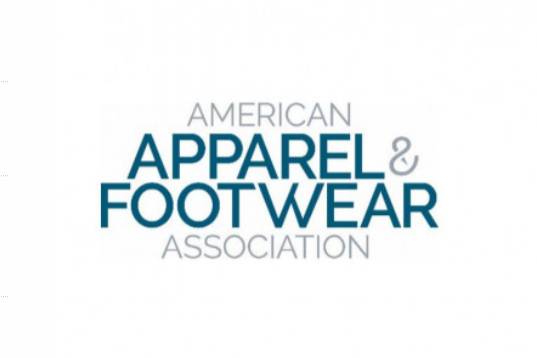
The American Apparel & Footwear Association expressed alarm at actions taken by the U.S. Department of Labor to cancel all contracts for the Department’s Bureau of International Labor Affairs (ILAB).
“Our members, and their 3.5 million American workers, rely heavily on ILAB’s work to promote a fair global playing field for American workers and businesses,” said Steve Lamar, AAFA president and CEO. “ILAB, through its grants, technical assistance, and direct support, works to build institutions in countries around the world so that they can effectively raise labor standards and eliminate opportunities for less scrupulous foreign businesses to profit from labor abuses while American businesses and workers play by the rules. With today’s elimination of ILAB’s grants, we will be moving from an even playing field to an uphill battle.”
ILAB, directly and through its grants, provides training to workers to help educate them on their rights and root out forced labor. ILAB deploys labor attachés to U.S. embassies and builds networks in key countries to provide real-time intelligence, contacts, and solutions to promote and protect workers, identify unfair competition, and enforce free trade agreements. ILAB plays a critical role together with U.S. Customs and Border Protection in enforcing the labor provisions of trade agreements to ensure a level playing field for American workers. For example, ILAB carries out key provisions of the historic U.S.-Mexico-Canada Agreement (USMCA) negotiated by President Trump to monitor compliance. If resourced appropriately, this critical work can ensure that Mexico lives up to its labor commitments in the agreement and that American workers are not unfairly undercut. Finally, ILAB is a critical funder and manager of the International Labor Organization’s (ILO) Better Work program, which establishes strong labor enforcement and transparency in key countries around the world, which again contributes to leveling the playing field.
“ILAB’s work reflects the values of the American people and the Trump administration by putting American workers and businesses first,” said AAFA senior vice president of policy Nate Herman. “Eliminating all ILAB grants instead puts American workers and American businesses last, leading to unfair competition with countries and foreign businesses that are not held to the same laws and standards for labor abuses, forced labor, human trafficking, and child labor.”
Just a few of the contracts that have been eliminated include:
- “Global Better Work Program (I)” and “Better Work Global (II)” (Haiti (required by Haiti HOPE/HELP law), Jordan (required by U.S./Jordan Free Trade Agreement), Cambodia, Bangladesh, Indonesia, Vietnam), which establishes strong labor enforcement and transparency in key countries around the world, which again contributes to leveling the playing field.
- “Supporting Safe and Inclusive Work Environments in Lesotho” to stop violence against women.
- “Research, Innovation and Strategic Engagement Project (RISE-global)” (Brazil, Colombia, Cote D'Ivoire, Indonesia, and Guatemala) to educate workers on their rights and how to protect them.
- “Enhancing Transparency and Accountability in Uzbekistan’s Cotton Industry” to stop forced labor and other labor abuses in Uzbekistan’s cotton industry.
- “Promoting Safe and Healthy Workplaces in Honduras, Guatemala, and El Salvador” to improve worker safety and improve the overall work environment and discourage migration to the United States.
Earlier this week, AAFA signed onto a group letter to the United States Secretary of Labor, The Honorable Lori Chavez-DeRemer, specific to Uzbek cotton - urging re-instatement of an ILAB Uzbek cotton contract. This follows a March 11 broader call to protect ILAB.

































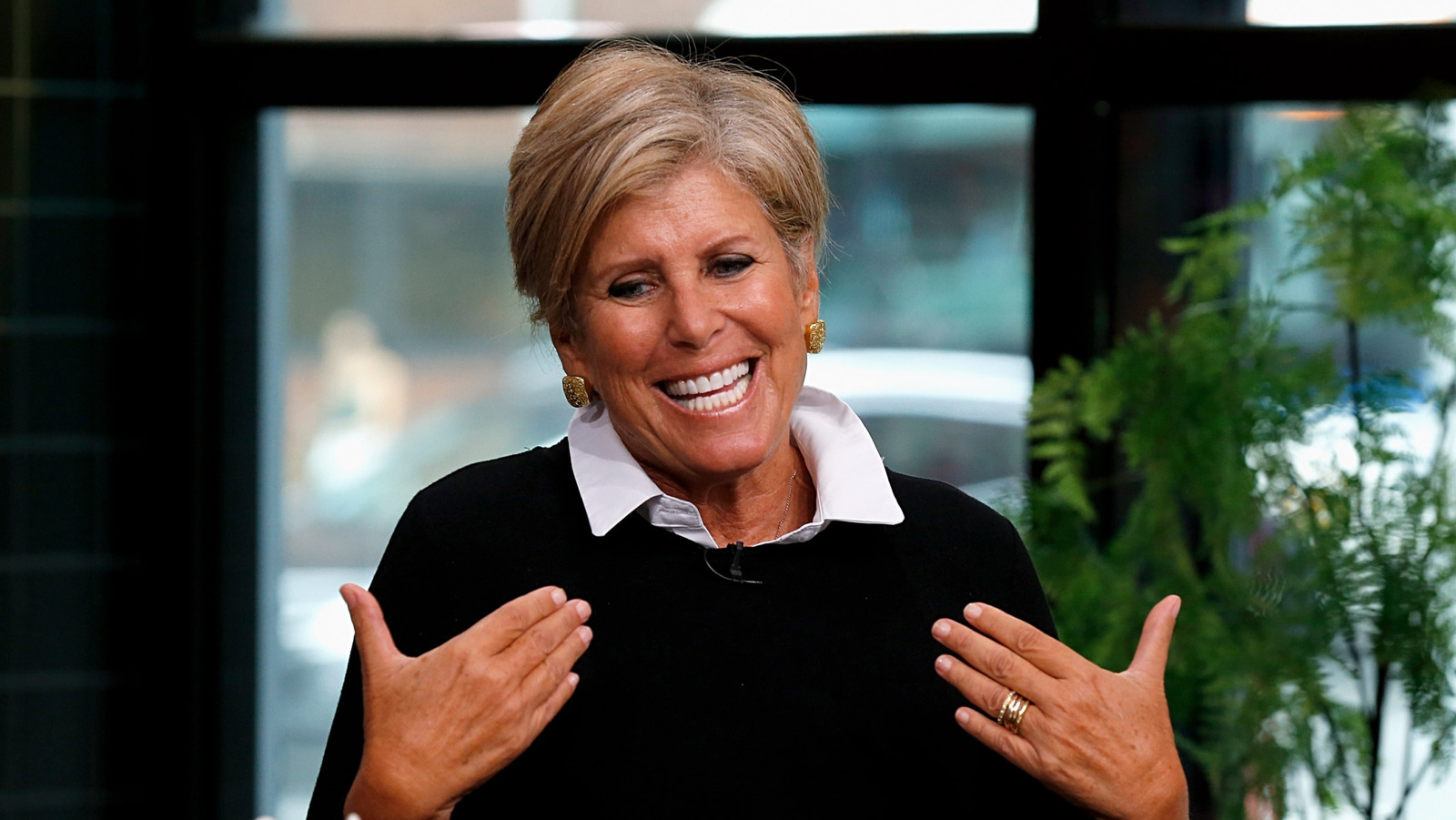































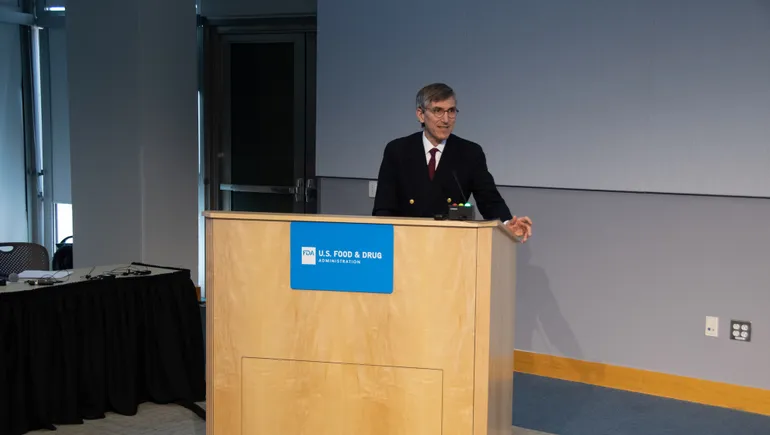
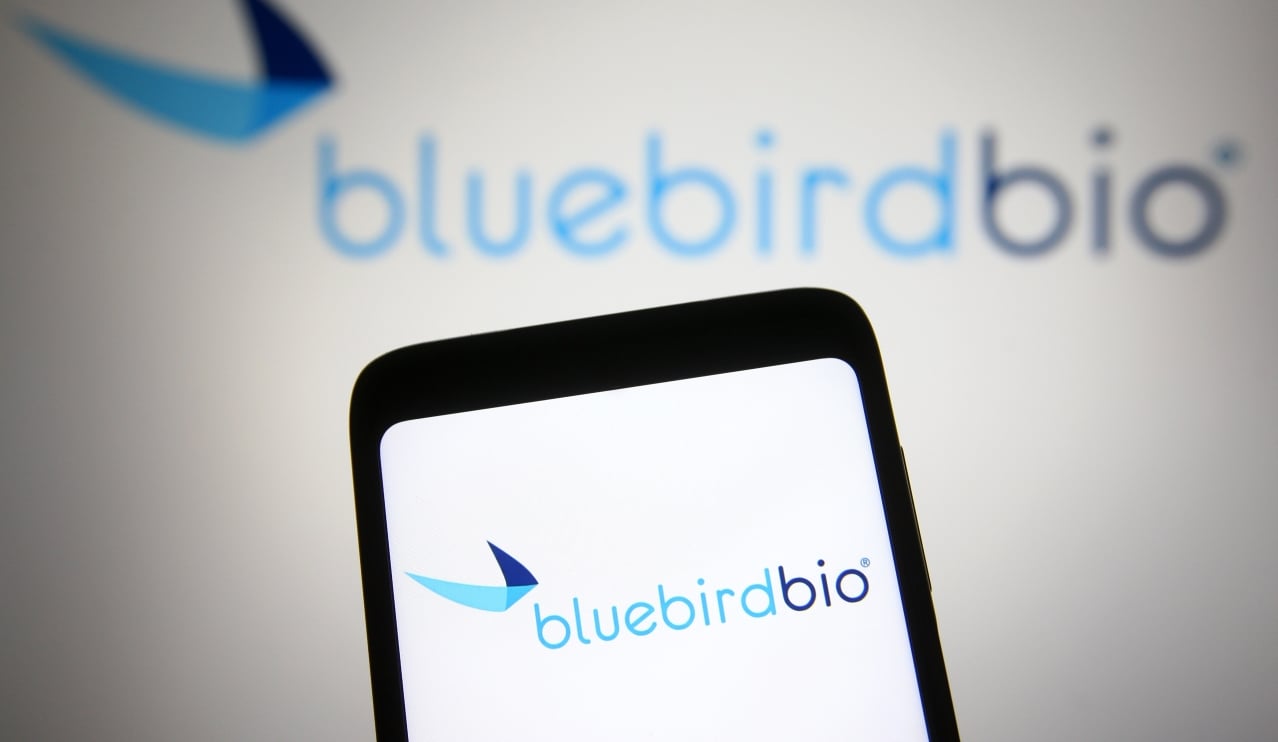







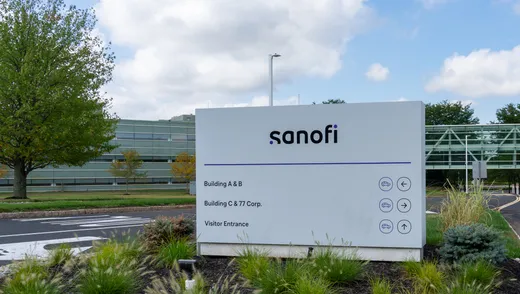
























![The sights of Avalon Air Show 2025: Day Three [PHOTOS]](https://breakingdefense.com/wp-content/uploads/sites/3/2025/03/f-35-avalon-final-day-scaled-e1743079275404.jpg?#)












